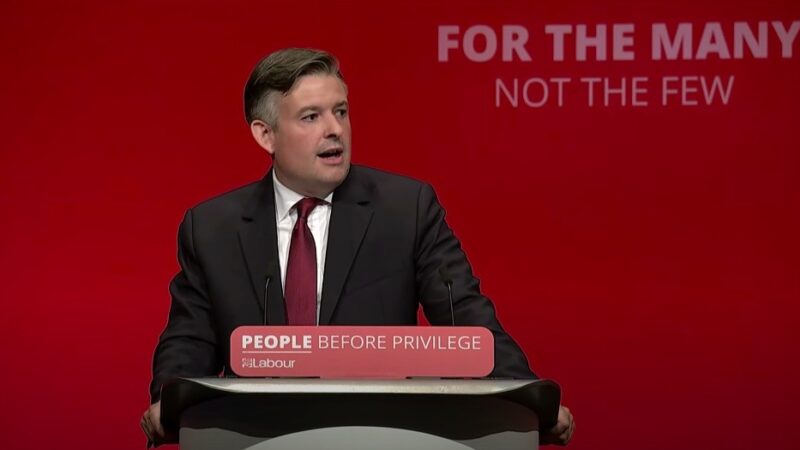
Boris Johnson boasts that the NHS is coping through the coronavirus crisis. But it is only coping on the back of discharging patients into care homes, cancelling operations and delaying vital cancer treatment.
The NHS entered this crisis after years of Tory austerity, bed cuts, privatisation and chronic understaffing. Before lockdown, NHS waiting lists stood at an unacceptable 4.4 million. In March, our health services shifted as government asked the NHS to rebalance services towards treating Covid-19 patients.
Thankfully, our health services weren’t immediately overwhelmed in the same way that we saw happen in places like Italy. But the price paid is that thousands of operations have been cancelled, and thousands of patients with long-term conditions, such as cancer, cardiovascular disease and diabetes, are now going without the treatment they need.
These aren’t issues that will go away: delayed care will create aftershocks across the health service in the long term. We can’t ignore the fact that there are undoubtedly patients not getting help who may desperately need it because they are finding it difficult to access services or because they are scared of the virus.
All signals are pointing towards a growing and alarming backlog of clinical need with patients waiting longer for operations or diagnostic tests. On the frontline, A&E attendances have hit record lows, and calls to NHS 111 have not increased month-on-month either. We can’t ignore the fact that there are undoubtedly patients not getting help who may desperately need it.
The NHS Confederation this week warned that the waiting list for hospital treatment could soar to almost ten million people by Christmas. Just let that sink in. Ten million on the waiting list by Christmas. That’s an astounding collapse in patient care standards.
The British Heart Foundation has estimated that the number of people attending emergency departments in England with symptoms of a possible heart attack halved from an average of around 200 per day at the beginning of March to around 100 per day by the end of March. A recent survey from the British Lung Foundation of over 9,500 people with lung conditions revealed that one in ten had had routine care cancelled by their GP.
Versus Arthritis has found that at the end of January 2020, there were 521,408 people waiting for trauma and orthopaedic surgery (including hip and knee replacements) in England. In addition, during this period an estimated 35,000-42,000 people were being added to the trauma and orthopaedics waiting list every week.
Cancer care has also taken a huge hit during the pandemic. Cancer Research UK has warned that Covid-19 has caused enormous disruption to cancer services across the UK, with over two million people waiting for breast, bowel or cervical screening. Figures published by NHS England showed that the number of people being assessed by a cancer doctor after referral fell to 79,500 in April – a drop of 60% compared to the same month last year. Meanwhile, patients starting treatment dropped to 10,800 – 20% below 2019.
This is particularly worrying because we know that early diagnosis is key to survival and better outcomes, so the effects of patients not being seen early could be devastating. A resourced plan for our NHS and social care is now urgent to ensure that both Covid and non-Covid patients can be cared for.
This would include making sure all staff have the right protective equipment at the right levels to keep themselves and patients safe. It would mean regular, routine testing of staff in health settings to help minimise transmission. It would mean putting in place infection control measures, including testing patients before they receive treatment and providing Covid-free wards and treatment centres to ensure that people can receive the care they need safely.
Nightingale Hospitals were built around the country to provide a buffer for the NHS for the predicted influx of ICU patients. I’m glad that we didn’t have to use them as much as it was originally thought. But I would propose that we instead use them now to help clear the upcoming influx of non-Covid patients requiring treatment.
We supported the lockdown to suppress this horrific virus but the far-reaching consequences for wider health outcomes must not be ignored. We’ll be campaigning to defend our NHS and ensure it has the levels of investment needed to give every patient the care they need.



More from LabourList
Frank Field and David Marquand: Tributes flow in to ‘social justice crusader’ and ‘giant of social democracy’
‘National flags and identity can be inclusive – we’re right to embrace them’
Revealed: Claims of bullying, misogyny and harassment in Young Fabians